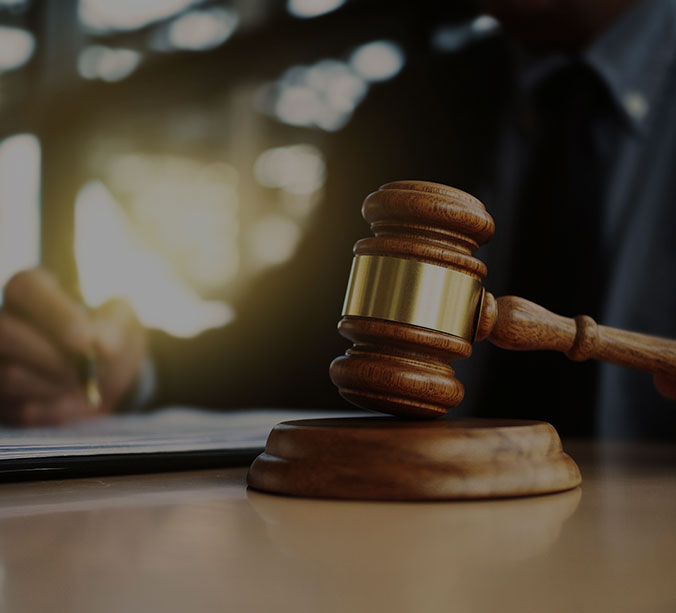You probably understand the consequences of driving under the influence of alcohol, but you may be less aware of the penalties for driving under the influence of a controlled substance.
The type of drug you’re accused of taking could ultimately influence your penalties. However, despite severe penalties, you still have options to defend yourself. If you are in the midst of a drugged driving case, contact the Philadelphia drugged driving attorneys at Fienman Defense LLC.
What is Drugged Driving?
According to Pennsylvania Law, an individual may not drive a vehicle while they have any amount of controlled substance or metabolite in their bloodstream, regardless of when they took the drug or metabolite.
This means that a person could be charged with drugged driving for having a controlled substance in their blood days or weeks after taking the drug, even if they can no longer feel its effects. A person with a combination of alcohol and drugs in their blood can also be charged with “drugged driving.”
Signs of Drugged Driving
An officer may pull a person over for any number of signs that could point to drugged driving, including:
- Swerving
- Weaving
- Speeding
- Following another car too closely
- Driving under the speed limit
Drugged Driving Penalties
Penalties for a first–time drugged driving offense in Pennsylvania can include the following:
- Three days to 6 months incarceration
- Fines of $1,000 to up to $5,000
- License suspension for one year
- Court-ordered attendance in a drug or alcohol treatment program
What Substances Get You Charged?
You could face drugged driving charges if you operate a vehicle under the influence of a schedule 1, 2, or 3 controlled substance. The following drugs categorized as schedule 1, 2, and 3 substances include the following:
- Schedule 1 – Includes Heroin, LSD, and MDMA
- Schedule 2 – Includes Methamphetamine, Cocaine, and OxyContin
- Schedule 3 – Includes Anabolic Steroids, Ketamine, and Vicodin
Do Prescription Drugs Count?
Many doctor-prescribed medications, such as sleep medications, count as controlled substances, and the law recognizes a therapeutic range for controlled substances legally obtained by a doctor’s prescription. However, if a suspected drugged driver’s blood test reveals numbers exceeding the therapeutic range, they will be charged with DUI.
In short, a doctor-prescribed medication could be classified as a controlled substance and be used as evidence that a driver was driving under the influence of drugs. Therefore, knowing whether any prescription drugs you take are classified as controlled substances is essential before you get behind the wheel.
How Cops Evaluate Drugged Driving
After an officer pulls a suspect over, they will likely give that person a series of field sobriety tests and possibly a blood or urine test. A specially trained Drug Recognition Expert may be called to evaluate the suspect further. Such an evaluation can include the following:
- Examination of pupils
- Taking blood pressure and pulse rate
- Looking for signs of injections or injection marks
- Searching for other physical signs of drug use
Defense Options for Drugged Driving Charges
You may have the following defenses available, depending on your case:
- Illegal Search & Seizure
- No reasonable cause to stop you
- Inaccurate chemical testing
- Field sobriety tests were improperly conducted
- Errors in the chain of custody
Discrediting the Drug Recognition Expert’s Opinion
A Philadelphia criminal defense attorney could challenge these field sobriety tests by claiming the drug recognition expert’s evaluation was unreliable. The arresting officer may have briefed the expert and told them your symptoms and the drugs they think you consumed. This results in a biased evaluation where the expert looks for behavior that confirms what they’ve already been told.
Your traffic attorney could also question whether the drug recognition expert has any credentials. Furthermore, a negative lab result that reveals you were not impaired during your arrest could completely discredit the drug recognition expert’s opinion if they initially stated you were under the influence.
Charged with Drugged Driving? Call Fienman Defense
A conviction of driving under the influence of a controlled substance could alter your life completely, and each subsequent conviction leads to harsher penalties. Attorney Michael Fienman has experience handling cases in all the counties surrounding Pennsylvania. Contact us to get started on your case and schedule a free consultation. Call Fienman Defense today at (215) 839-9529 .
View All Blogs